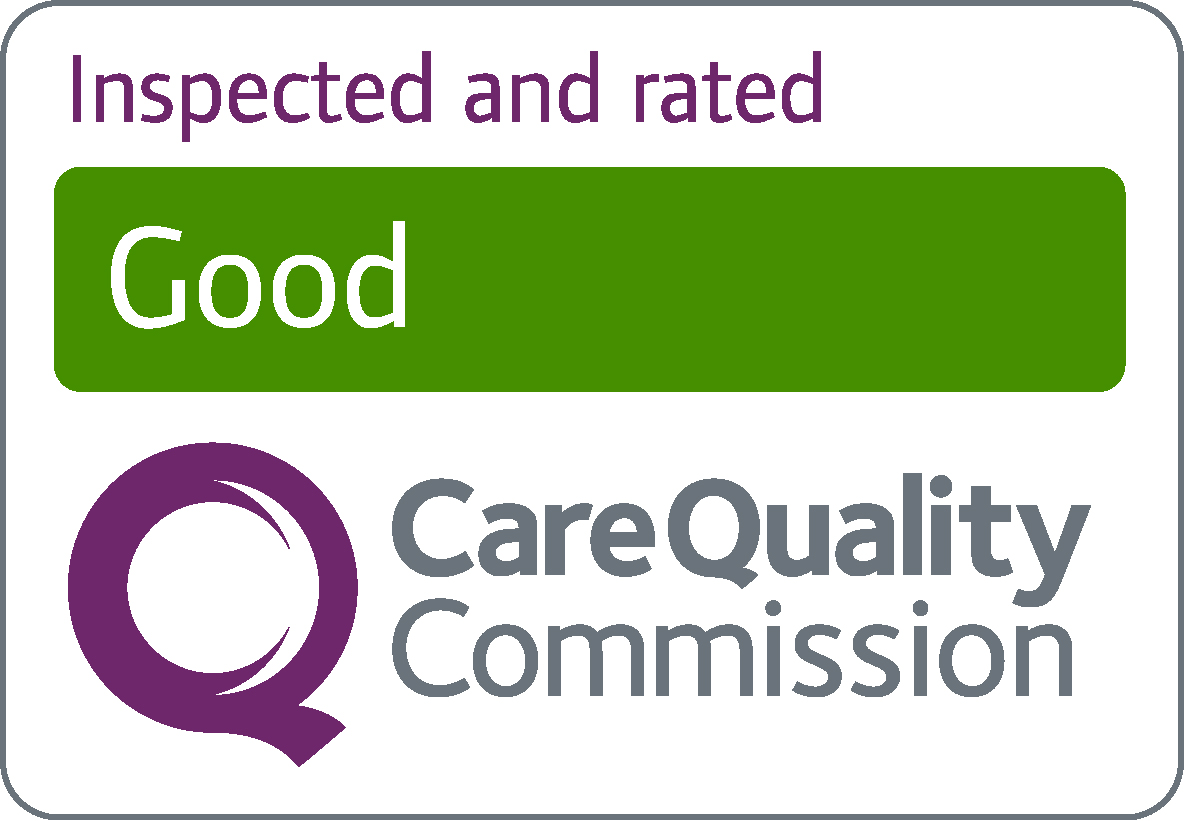Deep Vein Thrombosis (DVT) Management
Looking for a Deep Vein Thrombosis Management near you?
What is Deep Vein Thrombosis (DVT)?
Deep vein thrombosis (DVT) is the formation of a blood clot (thrombus) in a deep vein, typically in the legs. This can occur when blood flow is slow or restricted, causing blood to pool and clot within the vein. While blood clotting is a normal response to injury, clots forming in veins without a clear cause can be dangerous. DVT is particularly serious if the clot detaches and travels to the lungs, causing a pulmonary embolism (PE), which is potentially life-threatening.
Why is DVT Management Important?
DVT management is essential to reduce the risk of complications such as pulmonary embolism, post-thrombotic syndrome (PTS), and chronic pain or swelling. Prompt and effective treatment can prevent clots from growing, stabilise existing clots, and decrease the likelihood of clots breaking free. Through early intervention, DVT management helps to minimise the risk of organ damage, reduce hospitalisations, and improve the patient’s long-term health outcomes.
Treatment Options
- Medication: Blood thinners (anticoagulants) are commonly prescribed to prevent clots from growing or new ones from forming. In some cases, clot-dissolving drugs (thrombolytics) are used to break down the clot.
- Surgery: In certain situations, surgery may be needed to remove a clot, especially if it is causing a significant blockage.
- Catheter-based Procedures: Minimally invasive techniques can be used to directly break up or remove the clot through a catheter.
- Lifestyle Changes: Regular exercise, a healthy diet, and avoiding prolonged periods of immobility can help prevent clots from forming.
Prevention Tips
- Stay active and avoid sitting for long periods.
- Follow your healthcare provider’s advice on managing risk factors like high blood pressure or cholesterol.
- Take prescribed medications as directed.
Conclusion
Managing DVT effectively is key to preventing serious health complications. If you suspect a blood clot, seek medical attention immediately. With proper treatment and lifestyle adjustments, the risks associated with thrombus can be significantly reduced.
Contact Us
Patients from Bolton, Bury, Manchester, Wigan and surrounding areas choose Chequers Health for professional DVT Management.
If you would like to explore this option further or want to enquire about other available services or treatments, you can contact us on 01204 928850 or email us on info@chequershealth.co.uk.


